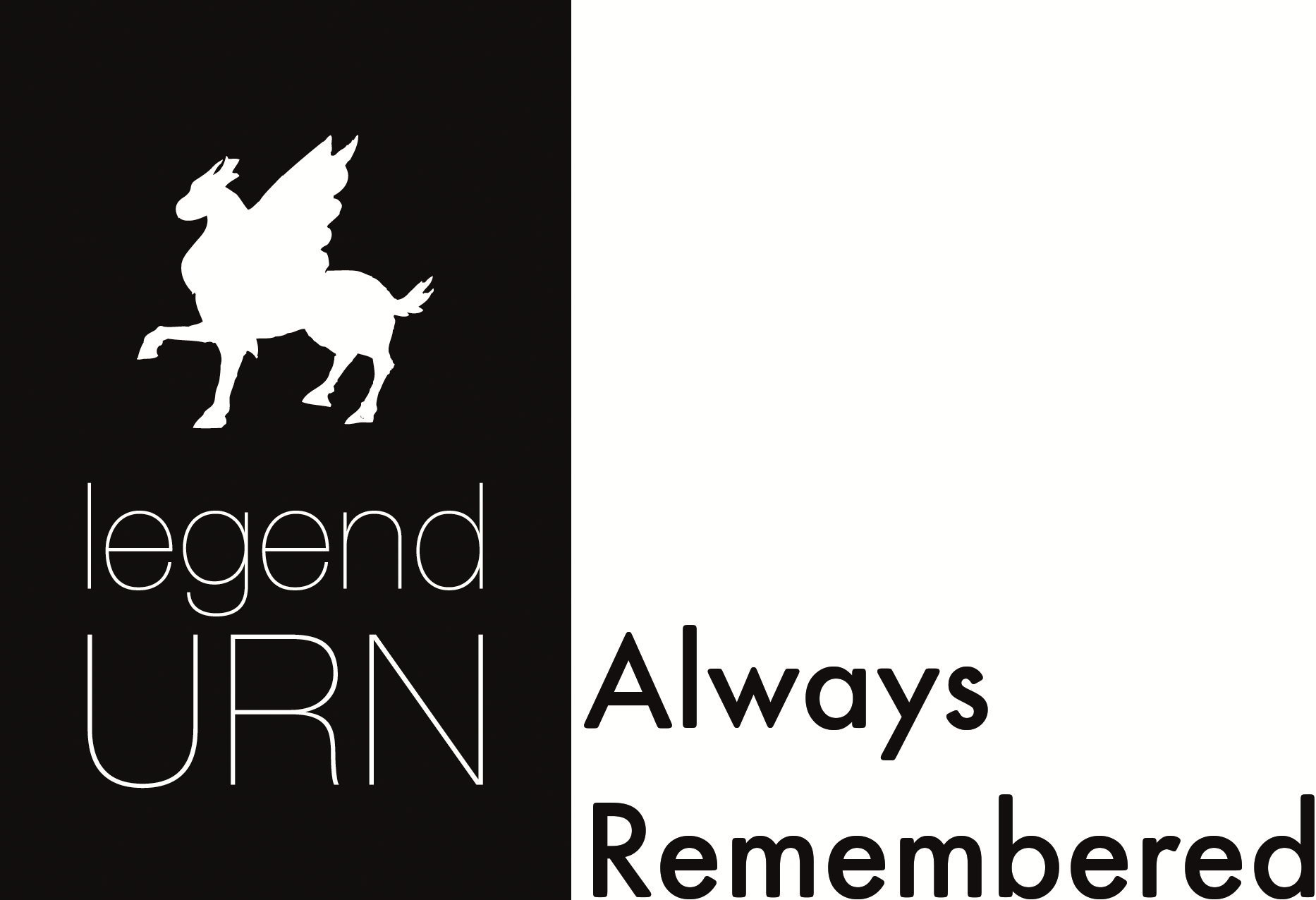How to Find Out if Someone Died Without Asking Family
When you’re trying to confirm if someone has passed away without directly asking their family, it can be a delicate and sometimes challenging task. There may be a range of reasons you’d rather not ask family members outright. Perhaps it’s out of respect for their grief, or maybe you’re concerned about intruding on a sensitive subject. Fortunately, there are several respectful, private methods you can use to determine if someone has passed away without causing discomfort. This blog explores how to navigate this process with sensitivity and care.
1. Check Social Media Platforms
Social media can often provide insights about people’s lives, including any recent news about their health or passing. Checking platforms like Facebook, Twitter, or Instagram may help you find out if the person has passed without making any direct inquiries.
- Search their profile: look for posts from their profile or updates from family members or friends. Often, loved ones will share news and messages of condolence on the person’s social media account.
- Look for tagged posts or comments: family and friends might post messages directly on the deceased’s wall or tag the profile in remembrance posts.
- Join relevant groups: some communities and family members create private or public Facebook groups to commemorate a loved one. Searching their name in group results might lead you to a memorial page or remembrance group.
2. Search Obituary Websites
Obituaries are common ways for families and friends to announce a person’s passing. Many websites aggregate obituary notices, which can make it easier to locate someone’s obituary online. Some of the most common obituary sites include:
- Legacy.com: this site includes a broad selection of obituaries and is often partnered with local newspapers, so you may be able to find the information you need here.
- Tributes.com: another large platform, Tributes allows you to search obituaries by name, location, and date.
- Dignity Memorial: this website provides a search tool for obituaries, as well as memorial and funeral information.
Simply enter the person’s name and location if known, and browse the results. If you don’t find them right away, it may also be worth trying a broader or narrower search in case there are regional variations in how their name was listed.
3. Visit Online Newspaper Archives
Local newspapers commonly publish obituaries, especially in smaller communities. Many newspapers maintain digital archives, and they may offer an online search tool for obituaries.
- Find the person’s local newspaper website: if you know the area where the person lived, visit the website of their local newspaper.
- Use obituary sections: many newspapers have an obituary or "In Memoriam" section where they regularly publish notices. You can search for the name there.
- Explore digital archives: larger newspaper sites often have digital archives accessible through subscriptions, and you may find announcements in both print and digital editions.
4. Search Public Records
Death records are public records, though they can vary by jurisdiction in terms of accessibility and privacy laws. You may be able to search public records to confirm if someone has passed away, though some sites charge fees to access this information.
- Ancestry.com and FamilySearch.org: both of these genealogy websites offer access to death records, some of which may be available for free, while others may require a paid subscription.
- State and County Vital Records Offices: you can also check with state or county websites, as many have online death record search tools. Each state has different rules on public access to these records, and some may only release details to direct relatives.
- National Archives: in some countries, the national archives maintain extensive death records that can be accessed digitally. For example, the U.S. National Archives allows searches for federal records, including some public death records.
5. Use Online People Search Tools
People search tools can provide basic information about a person, including birth and death dates. While these tools often require a fee, they can be useful if other searches have been unsuccessful.
- Spokeo, Whitepages, and BeenVerified: these tools aggregate public information, including death records, when available. Entering a person’s name and location may reveal a date of death.
- ObitFinder: this is a specific tool for obituary searches. It searches various obituary databases, including Legacy.com, for information related to death notices.
- TruthFinder: TruthFinder provides public records and may indicate if a person is deceased, but keep in mind this service may require a subscription.
6. Check Government Websites for Death Notices
Some government sites post death notices, especially if the deceased had a public role or was a veteran. This approach is often free and can be a helpful resource.
Government Websites for Death Notices in the US
In the United States, death records are managed at the state and local levels, and there isn't a centralized federal database for death notices. However, several government-affiliated resources can assist in locating death information:
- Social Security Death Index (SSDI): the SSDI is a database of deaths reported to the Social Security Administration (SSA) since 1962. While the SSA doesn't provide a direct public interface for the SSDI, the National Technical Information Service (NTIS) offers access to the Death Master File, which contains similar information. Access is typically granted to qualified organizations and agencies.
- State and Local Vital Records Offices: each state maintains its own vital records office responsible for recording deaths. Many states provide online databases or request forms to obtain death certificates. For example, the Centers for Disease Control and Prevention (CDC) offers a directory of state vital records offices with links to their respective websites.
- National Archives and Records Administration (NARA): while NARA doesn't maintain death notices, it holds military service records, including information about deceased veterans. Researchers can request these records through the NARA website.
- U.S. Department of State – Reports of Deaths of U.S. Citizens Abroad: if a U.S. citizen dies overseas, the Department of State issues a Consular Report of Death Abroad (CRDA). Information on obtaining these reports is available on the Department of State's website.
Please note that access to certain records may be restricted due to privacy laws, and some services might require fees or proof of eligibility.
Government Websites for Death Notices in the UK
In the United Kingdom, several government-affiliated websites provide access to death notices and related records:
- The Gazette: as the UK's official public record since 1665, The Gazette publishes deceased estates notices, which are legal announcements concerning the administration of a deceased person's estate. These notices can be searched online.
- General Register Office (GRO): the GRO holds records of births, deaths, marriages, civil partnerships, stillbirths, and adoptions in England and Wales. While it doesn't publish death notices, it provides access to official death records. Certificates can be ordered online.
- National Records of Scotland: for deaths registered in Scotland, the National Records of Scotland maintains vital records, including death certificates. These records can be accessed through their official website.
- General Register office for Northern Ireland (GRONI): GRONI holds records of deaths registered in Northern Ireland. Their website offers information on how to access these records.
Please note that while these government websites provide access to official death records, they may not offer obituary notices, which are typically published in newspapers or on dedicated obituary websites.
7. Contact Their Place of Worship
If the person was affiliated with a place of worship, reaching out to that institution can sometimes provide information. Many religious institutions keep track of their congregants and may share news of a passing.
- Call or email their place of worship: explain that you’re looking for information on someone who may have passed away, and politely ask if they are able to confirm this.
- Look for online bulletins or announcements: some churches, mosques, temples, and other places of worship publish newsletters or updates, often available on their websites, that may include recent obituaries or announcements.
8. Consult Mutual Friends or Acquaintances
If you share any mutual friends or acquaintances, asking them for information can be a respectful way to inquire without directly reaching out to the family. These individuals may already know about the passing or have heard from others.
- Casual inquiry: ask mutual friends if they’ve heard from the person recently or know if they’re well, which may naturally lead to an update if they have passed away.
- Social group or community connections: if the person was active in a social group or community, someone in that group may have more information and can update you.
9. Visit Local Funeral Home Websites
Many funeral homes have online obituaries and post information about recent services. If you suspect the person may have passed, checking the website of local funeral homes in their area can sometimes confirm this.
- Use the search feature: many funeral home websites offer search functions for recent or upcoming services. Enter the person’s name and browse results.
- Check with multiple funeral homes: if you don’t know which funeral home may have been used, it can be helpful to check several in the area.
10. Look Up the Person’s Professional Organisation
If the deceased was a member of a professional organization or alumni group, such organizations often maintain records of their members and may publish news about a passing.
- Check newsletters and publications: many organizations publish monthly or quarterly newsletters that include information about members who have recently passed away.
- Contact their office or chapter: politely inquire if they have any updates about the person’s status or if they’re aware of recent changes.
11. Visit a Local Library or Genealogy Center
Many libraries have access to obituary databases, public records, and genealogy resources that might help confirm a death. This option is useful if other methods haven’t provided answers.
- Public records and obituary sections: ask a librarian if they can assist you in locating recent obituaries or death notices in their system.
- Digital or microfilm records: some libraries keep digital or microfilm records of local newspapers and death notices.
Handling Sensitive Information with Care
When looking for information about a possible death, remember to act with compassion and respect. Even if you confirm that someone has passed, sharing the news may not always be appropriate, especially if the family has not made a public announcement. Respect their privacy and the grieving process, particularly if the death was recent.
Confirming someone’s passing without asking family directly is possible through a variety of resources, from online obituary sites to social media and public records. In cases where the death is not confirmed or remains unclear, patience and sensitivity are key. And remember, sometimes reaching out in a kind, gentle way to family members or close friends can be the most caring approach if all else fails.
If you have any questions, comments or according to you certain information is missing after reading this post, feel free to contact us via the contact form.















